10 inspiring stories from Imperial's community in 2017
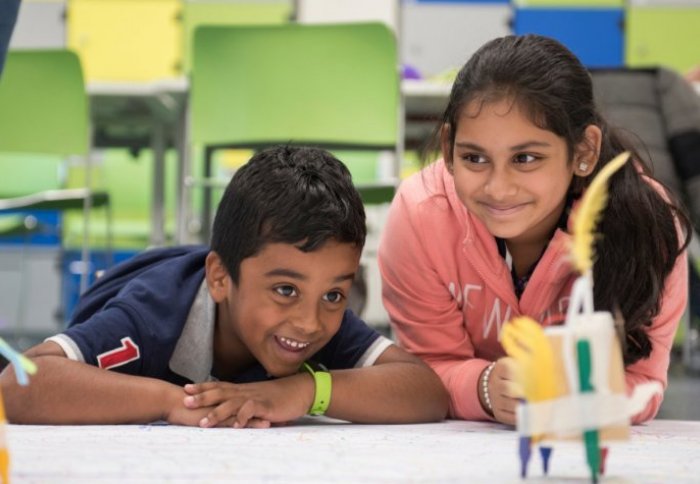
This year the College has celebrated royal honours, innovative student start-ups, and pioneering new facilities.
As 2017 comes to a close, take a look back at some of the College's community’s most inspiring achievements.
Game changers
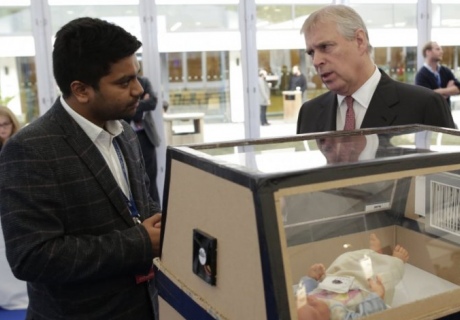
American business magazine Forbes revealed its annual 30 Under 30 Europe lists in January, which featured eight Imperial student entrepreneurs.
The Forbes list celebrates 300 of Europe’s boldest young entrepreneurs in ten categories - spanning healthcare, finance, technology and social entrepreneurship.
These included Malav Sanghavi, who invented a low cost neonatal incubator made of cardboard for use in remote areas of the developing world, and Talib Alhinai, who developed the world’s first flying 3D printed drone.
Read more: Imperial innovators named on Forbes 30-under-30 list
Royal honours
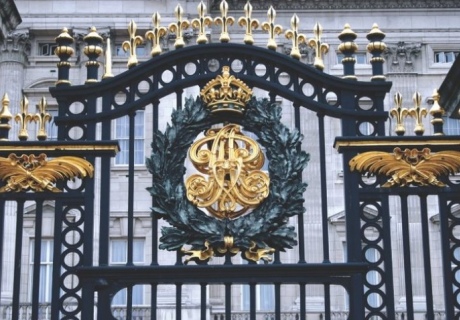
An academic leader who has championed diversity at Imperial and a senior technician were both recognised in this year’s Queen's birthday honours list.
Professor Tom Welton, Dean of Imperial’s Faculty of Natural Sciences, received an OBE for his services to diversity in education, while Paul Brown, Mechanical Instrumentation Workshop Manager, was awarded an MBE for services to higher education.
Read more: Royal honours go to 'pillars of the Imperial community'
Transformative facility
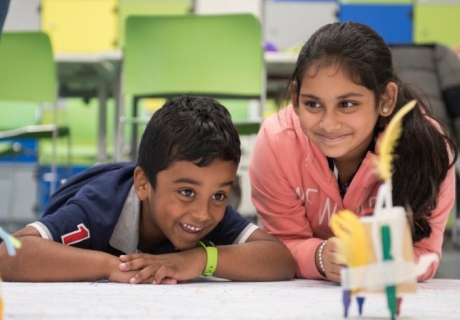
Earlier this year Imperial launched The Invention Rooms, a pioneering innovation and community space unlike any other in the UK.
Based at Imperial’s White City Campus, the facility brings members of the local community together with Imperial’s academics, students, alumni and partners to test out creative ideas, build real prototypes and share in the fun of making and discovery.
It launched to the White City community with a free public event in October, where visitors were able to design their own virtual reality games, build smartphone-controlled paper drones, and make UV jewellery inspired by medical science.
Read more: New White City facility will be a "beacon for community-driven innovation"
Room to grow
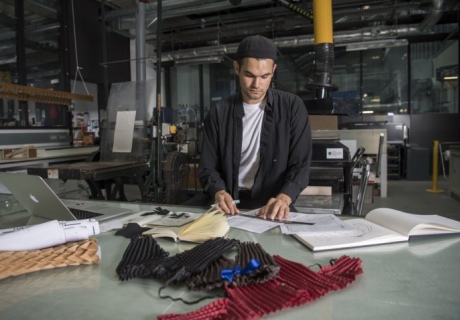
Image: courtesy RCA
Imperial student Ryan Yasin hit headlines in September when he won the 2017 James Dyson Award for designing children's clothes that grow with their wearer.
He engineered a fabric with a special auxetic structure, which means that when the fabric is stretched it expands in all directions - unlike most materials which tend to get longer but narrower.
The result is clothing that can grow by up to seven sizes, fitting children from six months up to three years of age.
Ryan is a student on the Global Innovation Design course, which is run jointly between Imperial’s Dyson School of Design Engineering and the Royal College of Art.
Read more: Clothes that grow with children: Student inventor wins Dyson Award
102-year-old scientist honoured
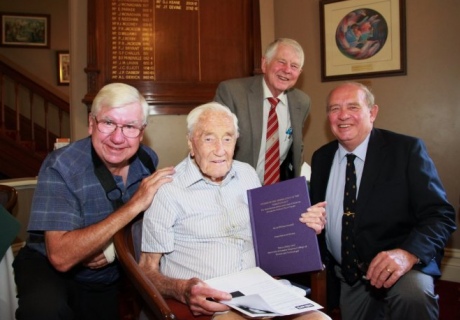
The world's oldest working scientist, Professor David Goodall, was celebrated by fellow Imperial alumni at a special event in Perth in January.
The 102-year old ecologist graduated from Imperial College London with a BSc in 1935, completing his PhD in 1941.
Dr Goodall was presented with a newly bound copy of the PhD thesis he submitted more than 75 years ago, entitled ‘Studies in the Assimilation of the Tomato Plant’.
Read more: Oldest working scientist honoured 75 years after completing Imperial PhD
Stream on

Sonalytic, an audio detection start-up founded by an Imperial post-doc, was bought by music streaming giant Spotify earlier this year.
The company, which was founded by Martin Gould when he was a post-doctoral researcher in the Department of Mathematics, has developed a next-generation audio identification technology that uses machine learning to identify, monitor, and discover music.
The team were finalists in Imperial’s Venture Catalyst Challenge in 2016. They are now part of the world's most popular music streaming service, which has 50 million paying users worldwide.
Read more: Spotify buys Imperial audio recognition start-up
Honouring Hawking
Imperial’s Department of Physics includes five professors who completed their studies with Professor Hawking; Jerome Gauntlett, Chris Hull, Jonathan Halliwell, Fay Dowker and Toby Wiseman.
Professor Stephen Hawking said: “I have always felt a deep affinity with Imperial. It gives me great pleasure to accept this honour.
“Imperial has changed the way we think about the universe. Through its world-leading research into theoretical physics, string theory, cosmology, and quantum gravity, Imperial probes the boundaries of human knowledge.
I am proud to say that five of my greatest students have risen to become Imperial professors, and some of my most fruitful collaborations have been with Imperial’s theoretical physics group.”
Read more: Stephen Hawking awarded Imperial College London's highest honour
Flower power
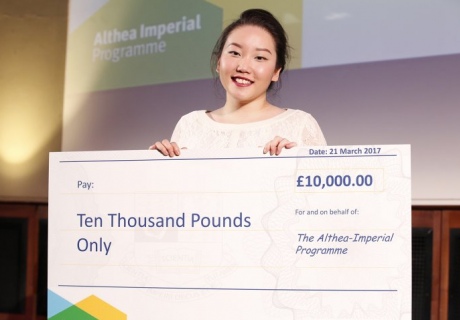
Final-year medical student Olivia Ahn designed a leak-proof, biodegradable and organic menstrual pad inspired by the way flower petals redirect water on their surface.
Through her start-up, WithLula, Olivia is also developing an associated app, to allow women to track their periods and personalise the pads they need according to their specific requirements.
She took home took home the top prize of £10,000 of funding at the finale of this year’s Althea-Imperial Programme, Imperial's pioneering entrepreneurial programme for women.
Read more: Flower-petal-inspired menstrual pads crowned Althea 2017 winner
Most international university

Imperial was ranked the UK's most international university for the second year in a row, in the Times Higher Education World University Rankings.
The 2017 rating of the world's most international universities placed Imperial as 5th overall, up from 10th in 2016. The new table considers the "international outlook" of institutions, including levels of international staff, students and research co-authors, as well as universities' international reputations.
Imperial’s international students also broke a Guinness World Record earlier this year for the most nationalities in a group hug.
Read more: Imperial ranked as UK's most international university
Crypto creation
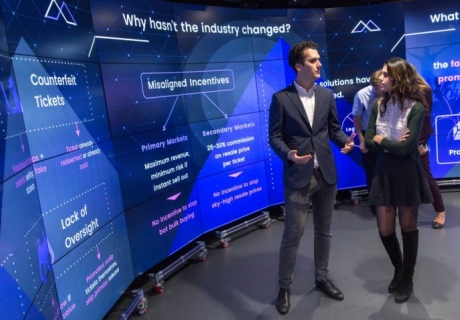
A student startup who developed a blockchain-based solution to ticket fraud and touting raised $20m in an Initial Coin Offering (ICO) in 2017.
Aventus launched the token sale of its AventCoin (AVT) - "the Bitcoin of ticketing” - on Wednesday 6 September. They sold out within seven minutes, receiving over 60,000 ETH – the equivalent of around $20m – from investors.
The company is co-founded by former Imperial students Alan Vey and Annika Monari, and aims to combat uncontrolled resale and counterfeit tickets, while improving the transparency and security of ticket sales.
Read More: "Bitcoin of ticketing" raises $20m in ICO
Article text (excluding photos or graphics) © Imperial College London.
Photos and graphics subject to third party copyright used with permission or © Imperial College London.
Reporter
Deborah Evanson
Communications Division
Jennie Rawling
Communications and Public Affairs
